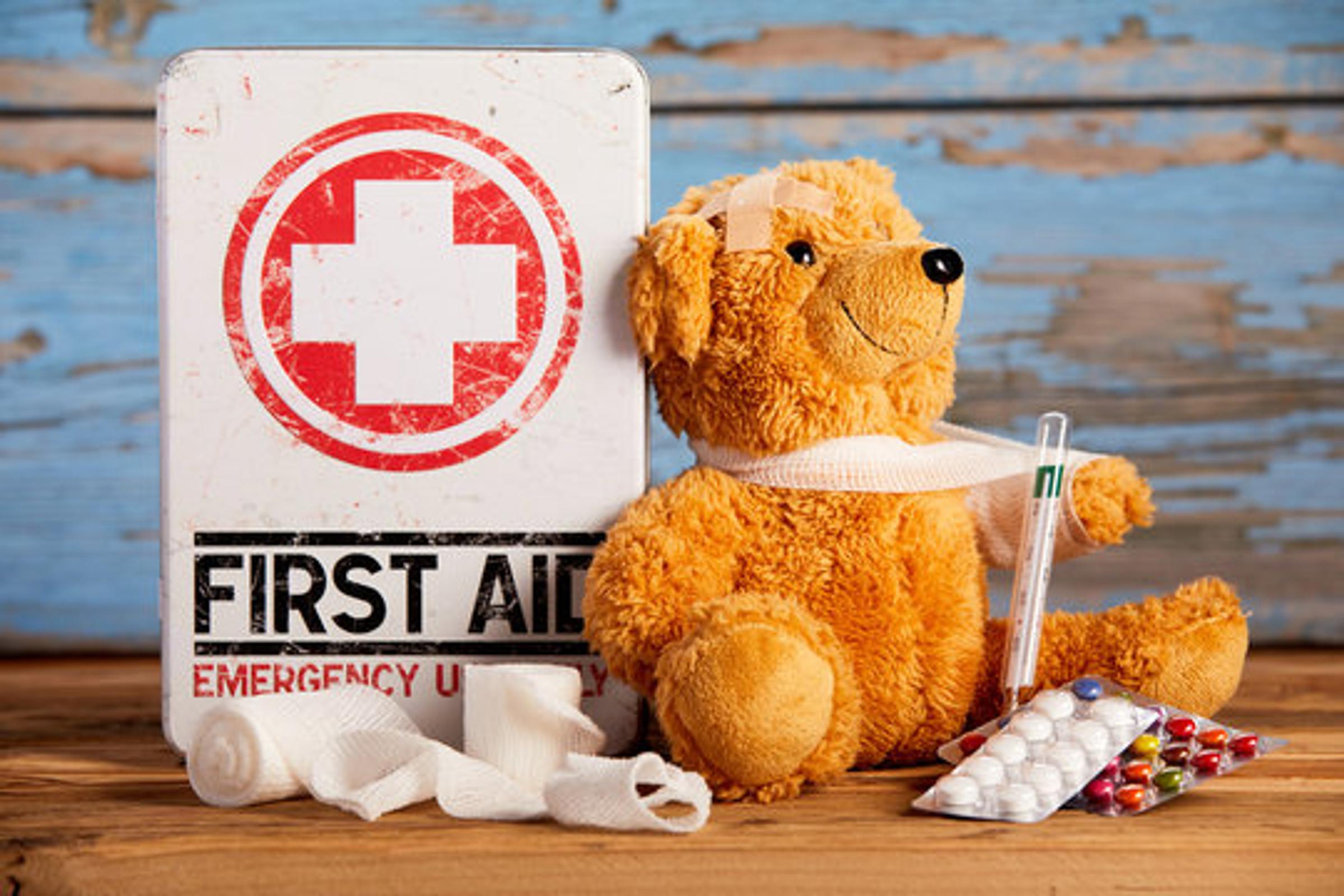First Aid News
Asthma news for Winter

First Aid News
Asthma news for Winter
Asthma is a common disease of the airways – the structures through which air passes when moving from your mouth and nose down to your lungs.
It causes the muscles in the airways to tighten, and the lining of the airway to become swollen and inflamed, producing sticky mucus. These changes cause the airways to become narrow, making it difficult to breathe, and can lead to coughing, wheezing, shortness of breath, and chest tightness.
Asthma is one of the most common reasons that children visit doctors, miss days at school, or are admitted to the hospital. In fact, it is estimated that around one in 10 Australian children have asthma. If your child’s asthma is well managed, they should be able to lead a healthy, active life.
Causes of Asthma in Children
The reason some children develop asthma is not fully understood, but risk factors include:
Triggers for asthma in children
Asthma triggers are substances, conditions, or activities that lead to asthma symptoms. These include (among others):
Symptoms of asthma in children
Common asthma symptoms include:
Your child may have all of these symptoms or just a few. Symptoms are often worse at night, in the early morning, during exercise, or due to other triggers.
Asthma medication
Asthma can be well controlled with the appropriate medication in almost all people.
The main types of asthma medications are:
The best medical practice is to give only the smallest doses of medication required to keep your child’s asthma symptoms under control. Your doctor will tell you how much this is. Never reduce the dose of medication without speaking with your doctor. There are many different types of asthma medication, mostly in the form of inhalers (or puffers). Asthma Australia has more information about your asthma medication.
Asthma action plans for children
An asthma action plan is a clear written summary of instructions for when your child’s asthma symptoms change. Everyone with asthma should have a personalised asthma action plan written by their doctor.
Your child’s asthma action plan will tell you:
Make sure you understand and can follow the asthma action plan from your doctor.
Asthma information for childcare, kinder or school
To assist childcare and preschool workers and school teachers in the care of your child with asthma:
Where to get help
If your child has asthma, please ensure their action plan is up to date and provided to the office along with in-date medication and a spacer.